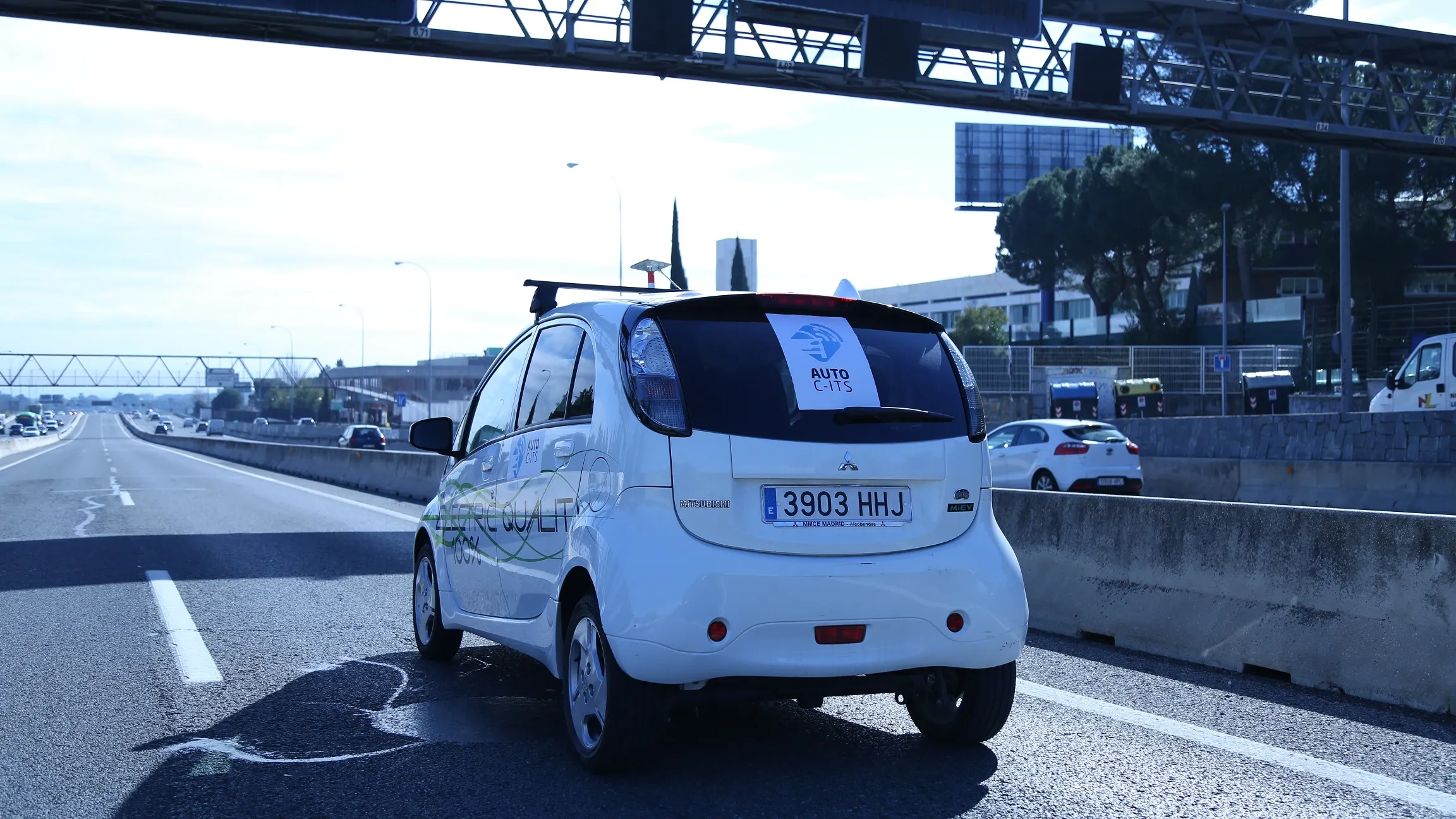The service will launch in London this year. The joint venture will also partner with public transit operators across Europe, licensing Via’s on-demand shuttle operating System to enable cities to significantly improve mobility while reducing congestion without incurring any additional infrastructure costs.
Via has focused on developing, from the ground up, a scalable and on-demand shared ride solution. The intelligent Via algorithm supports smart public transport, enabling a dynamic mass transit system that reduces traffic volume in urban areas. The fusion of Via’s technology with the engineering of Mercedes-Benz Vans provides the basis for efficient, affordable and sustainable ride-sharing.
The long term strategic cooperation aims to design and build vans optimised for on-demand shared rides, including integration of Via’s software with on-board vehicle sensors, electric drive and autonomous driving.
Mercedes-Benz Vans sets up on-demand shuttle service JV with US start-up Via
Mercedes-Benz Vans is investing US$50 million in new joint venture with US start-up Via to bring Via’s on-demand shuttle service, already launched in New York, Chicago and Washington DC, to Europe. The service will launch in London this year. The joint venture will also partner with public transit operators across Europe, licensing Via’s on-demand shuttle operating System to enable cities to significantly improve mobility while reducing congestion without incurring any additional infrastructure costs.
September 6, 2017
Read time: 2 mins










